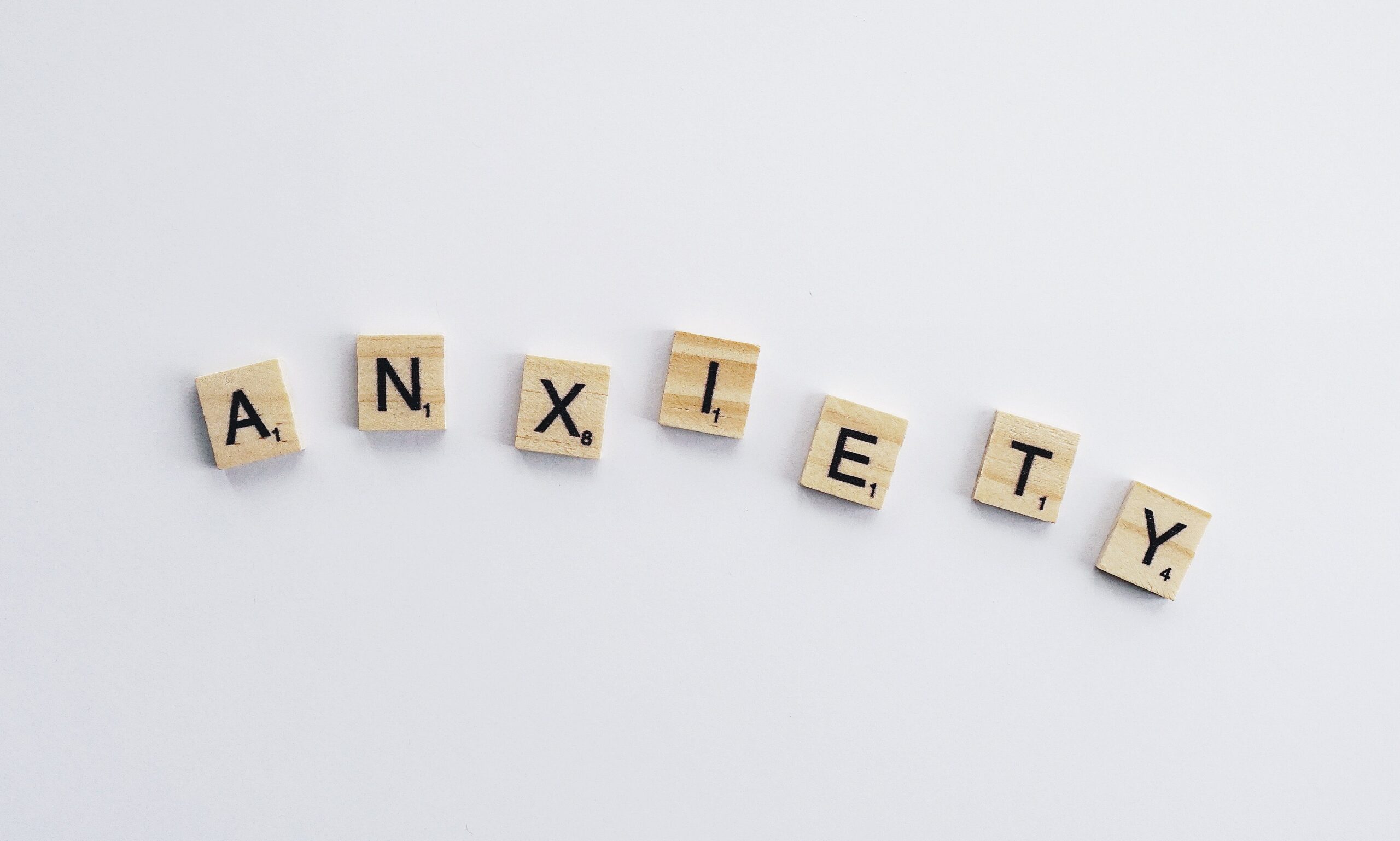Do you struggle with symptoms of anxiety? Do you want to avoid the use of pharmaceuticals? Or maybe your symptoms are sporadic and you feel they don’t warrant a prescription. There are non-pharmaceuticals that you can try, such as botanicals, including Ashwagandha.
Ashwagandha is a bush that grows in dry areas of South Asia, Central Asia, and Africa. From the shrub, the berries, leaves, and roots are used for its medicinal properties. Ashwagandha, also known as Indian ginseng and Winter cherry, is used in Ayurvedic medicine, an ancient Eastern medicine used in India and South Asia. Ashwagandha is considered its most important and most often used botanical (Ven Murthy et al, 2010). It is an adaptogen and is indicated to increase health and longevity.
Adaptogens, including ashwagandha, are medicinal plants that support physiological homeostasis and are used to prompt resilience to stress. They support both mental and physical performance and have an overall positive effect. Other adaptogens include Panax Ginseng, Eleuthero (Siberian ginseng), and Rhodiola Rosea. The mechanisms of adaptogens are complex and are not yet fully understood, but it appears to affect the HPA axis (hypothalamic-pituitary-adrenal) and stress mediators such as glucocorticoids and GABA (Speers et al, 2021; Todorova et al 2021). Due to its homeostasis effect, it also helps maintain metabolic balance.
What does the current literature say about Ashwagandha? A quick review from the last few years indicates it can be helpful. A double-blind study in 2019 indicated a statistically significant decrease in anxiety, stress, depression, and morning cortisol levels with 240 mg of Ashwagandha (Lopresti et al). A meta-analysis (a review of many similar studies done by different scientists) done in 2022 found that anxiety was significantly reduced with 12,000 mg/day and stress was reduced with 300-600 mg/day (Akhgarjand et al). In a study done in 2021, it was found that stress and anxiety was decreased when Ashwagandha was used for two months or more, but found limited evidence of a reduction in symptoms of depression (Speers et al). What all of the literature does agree on is the overall safety of the use of Ashwagandha.
A quick check of amazon, and one can find Ashwagandha in capsules, extract, root powder, and tea bags. Personally, I have tea bags and capsules. During especially stressful times I may take the capsules daily and make an occasional cup of tea with the tea bags. But what I always keep handy is the extract. I use this when I’m feeling the physical symptoms of anxiety and have found it very effective.
**I am not a doctor and this information, and all information on my website, is for informational purposes only. No material on this site is intended to be a substitute for professional medical advice, diagnosis, or treatment.
References
Akhgarjand, C., Asoudeh, F., Bagheri, A., Kalantar, Z., Vahabi, Z., Shab‐bidar, S., Rezvani, H. & Djafarian, K. (2022). Does Ashwagandha supplementation have a beneficial effect on the management of anxiety and stress? A systematic review and meta‐analysis of randomized controlled trials. Phytotherapy Research, 36(11), 4115-4124. https://doi.org/10.1002/ptr.7598
Gerontakos, S., Casteleijn, D., & Wardle, J. (2021). Clinician perspectives and understanding of the adaptogenic concept: A focus group study with Naturopaths and Western Herbalists. Integrative Medicine Research, 10(1), 100433. https://doi.org/10.1016/j.imr.2020.100433
Lopresti, A. L., Smith, S. J., Malvi, H., & Kodgule, R. (2019). An investigation into the stress-relieving and pharmacological actions of an ashwagandha (Withania somnifera) extract: A randomized, double-blind, placebo-controlled study. Medicine, 98(37), e17186. https://doi.org/10.1097/MD.0000000000017186
Speers, A. B., Cabey, K. A., Soumyanath, A., & Wright, K. M. (2021). Effects of Withania somnifera (Ashwagandha) on stress and the stress-related neuropsychiatric disorders anxiety, depression, and insomnia. Current neuropharmacology, 19(9), 1468-1495. https://doi.org/10.2174/1570159X19666210712151556
Todorova, V., Ivanov, K., Delattre, C., Nalbantova, V., Karcheva-Bahchevanska, D., & Ivanova, S. (2021). Plant Adaptogens—History and Future Perspectives. Nutrients, 13(8), 2861. https://doi-org.csu.idm.oclc.org/10.3390/nu13082861Ven Murthy, M. R., K Ranjekar, P., Ramassamy, C., & Deshpande, M. (2010). Scientific basis for the use of Indian ayurvedic medicinal plants in the treatment of neurodegenerative disorders: 1. Ashwagandha. Central Nervous System Agents in Medicinal Chemistry (Formerly Current Medicinal Chemistry-Central Nervous System Agents), 10(3), 238-246. https://doi.org/10.2174/1871524911006030238


0 Comments